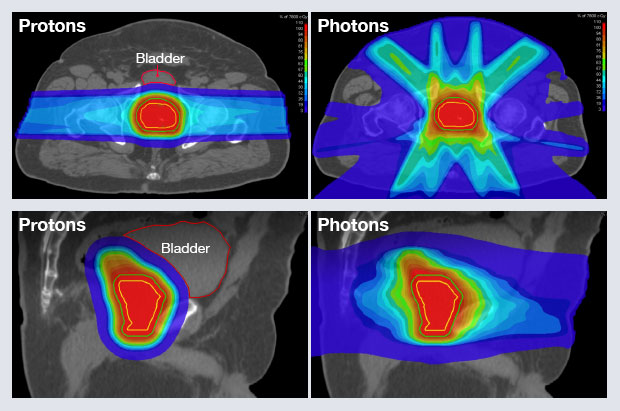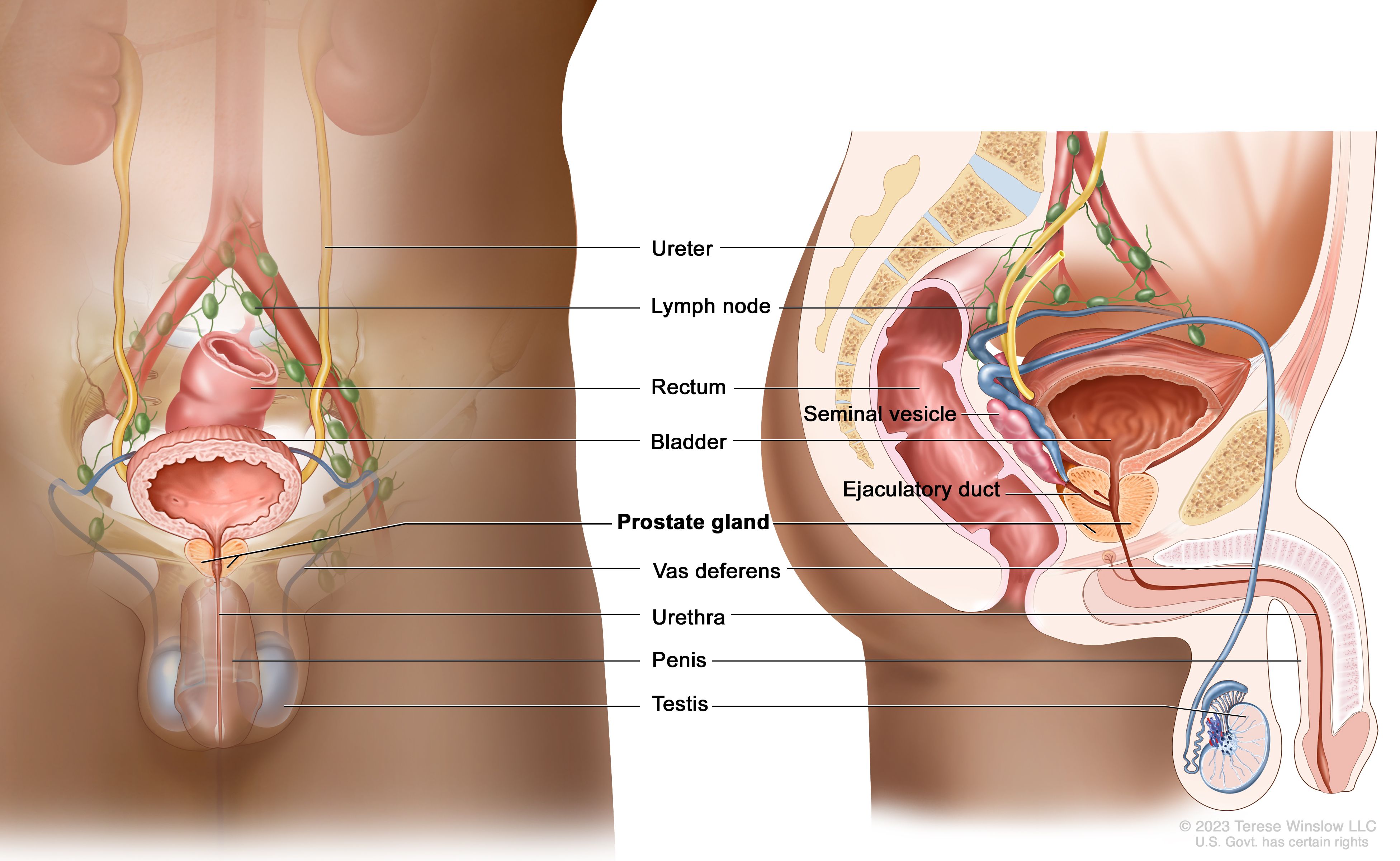Not known Facts About Best Prostate Cancer Hospital In Mumbai
Not known Facts About Best Prostate Cancer Hospital In Mumbai
Blog Article
Prostate Cancer Therapy: Surgical and Non-Surgical Approaches Explained
When encountered with a prostate cancer diagnosis, the selection of therapy choices can seem frustrating. From surgical interventions to non-surgical techniques, each technique lugs its own set of factors to consider and benefits. The decision-making procedure entails considering aspects such as effectiveness, possible side impacts, and long-lasting results. Understanding the subtleties of surgical methods, like robotic-assisted surgical procedure, and non-surgical treatments such as radiation therapy and hormonal agent therapy, is important for individuals and their families. This extensive review aims to shed light on the complexities of prostate cancer cells treatment, supplying understandings right into the complexities of each strategy to empower people in making notified options concerning their health and wellness.
Surgical Therapy Alternatives
When thinking about surgical therapy choices for prostate cancer cells, clients and health care carriers often weigh the benefits and dangers linked with various treatments,. One typical surgical method is extreme prostatectomy, which entails the removal of the entire prostate gland. This procedure is typically suggested for clients with local prostate cancer and provides the capacity for a remedy. Nonetheless, extreme prostatectomy can bring about adverse effects such as urinary system incontinence and erectile dysfunction.
One more surgical alternative is robotic-assisted laparoscopic prostatectomy, a minimally invasive treatment that makes use of a robotic system to aid the doctor in getting rid of the prostate. This method can result in much less blood loss, shorter healthcare facility stays, and faster recovery times contrasted to standard open surgery. It likewise brings the threat of problems such as infection and injury to bordering organs.
Ultimately, the selection of surgical therapy for prostate cancer depends upon various variables including the phase of the cancer, the individual's overall wellness, and their preferences pertaining to potential adverse effects and recovery times. Consulting with a multidisciplinary group including urologists, oncologists, and radiation oncologists can assist patients make informed choices about the most ideal surgical method for their specific instance.

Non-Surgical Treatment Choices
Taking into consideration choices to surgical treatments, non-surgical treatment alternatives for prostate cancer cells offer individuals extra opportunities for managing the illness while decreasing possible surgical risks. One non-surgical technique is Energetic Security, where patients with low-risk prostate cancer are kept track of carefully with normal examinations, blood examinations, and biopsies, without undertaking prompt therapy. This method intends to avoid unneeded therapy and its associated negative effects, such as incontinence and erectile dysfunction.
Another non-surgical option is Radiation Therapy, which uses high-energy rays to eliminate cancer cells (best prostate cancer doctor). This therapy can be provided externally using a device (Outside Beam of light Radiation) or internally via tiny contaminated pellets put near the tumor (Brachytherapy) Radiation therapy can be utilized as a primary therapy or in mix with other therapies, such as hormonal agent treatment
Furthermore, Hormone Therapy is a non-surgical approach that intends to minimize the levels of male hormones (androgens) in the body, as these hormones can sustain the growth of prostate cancer cells. By blocking or decreasing androgen levels, hormonal agent therapy can slow down cancer cells progression and alleviate signs in sophisticated instances.
Robotic-Assisted Surgical Procedure for Prostate Cancer

One of the crucial benefits of robotic-assisted surgery for prostate cancer cells is its capacity to reduce the threat of problems and side effects generally connected with open surgical treatment, such as blood loss, pain, infection, and extended healing times. Overall, robotic-assisted surgical procedure represents a cutting-edge approach to prostate cancer cells therapy that integrates technical developments with surgical proficiency to maximize patient results.
Radiation Treatment for Prostate Cancer
Making use of sophisticated radiation modern technology, radiation therapy plays a vital role in the detailed therapy of prostate cancer. Radiation therapy makes use of high-energy radiation to destroy cancer cells and diminish lumps. It is a common treatment alternative for prostate cancer cells, either as a primary treatment or in mix with surgical treatment, hormone therapy, or chemotherapy.
There are 2 main types of radiation treatment used for prostate cancer: outside light beam radiation treatment (EBRT) and Learn More brachytherapy. In EBRT, a device provides radiation from outside the body to the prostate. This treatment is commonly offered over several weeks, with everyday sessions lasting just a couple of minutes (best prostate cancer doctor). Brachytherapy involves placing radioactive seeds or sources straight right into the prostate near the malignant cells. These seeds give off radiation that kills the cancer cells gradually.
Radiation therapy for prostate cancer is highly effective, with high cure rates, especially for localized cancer cells. It is additionally a valuable option for clients who may not be ideal prospects for surgery. Like any therapy, radiation treatment might have negative effects, such as urinary problems, fatigue, and skin irritation, yet these are usually short-lived and convenient.
Hormonal Agent Treatment for Prostate Cancer Cells
Hormone treatment is a typically used treatment approach for prostate cancer cells management. Hormone treatment, also understood as androgen starvation therapy, intends to reduce testosterone degrees in the body or obstruct the hormone's effects on the prostate cancer cells, therefore reducing down the disease's development.
There are various sorts of hormonal agent therapy for prostate cancer cells, consisting of medications that lower testosterone degrees (such as luteinizing hormone-releasing hormonal agent agonists and antagonists), or medications that obstruct testosterone from getting to cancer cells why not check here (like anti-androgens) Hormonal agent therapy can be utilized alone or in mix with other treatments like radiation treatment, depending upon the phase and aggressiveness of the cancer.
While hormonal agent treatment can efficiently control prostate cancer cells growth, it may include adverse effects such as warm flashes, loss of sex drive, impotence, and weakening of bones - Best prostate cancer hospital in India. Routine tracking and discussions with doctor are essential to take care of these side effects and make sure the treatment's effectiveness
Final Thought
To conclude, the therapy choices for prostate cancer include surgical and non-surgical techniques such as robotic-assisted surgical procedure, radiation treatment, and hormonal agent treatment. Each approach has its own benefits and risks, and the choice of treatment depends on different aspects such as the phase of cancer and general health and wellness of the individual. It is essential for patients to discuss these options with their healthcare service provider to identify one of the most appropriate strategy for their individual situation.

Utilizing innovative radiation innovation, radiation treatment plays a vital function in the extensive therapy of prostate cancer. It is a typical treatment alternative for prostate cancer, either as a primary therapy or in combination with surgical treatment, hormone therapy, or chemotherapy.
Radiation therapy for prostate cancer cells is very reliable, with high cure rates, especially for local cancer cells.Hormone treatment is a commonly made use of treatment technique for prostate cancer administration.In verdict, the treatment alternatives for prostate cancer consist of medical and non-surgical strategies such as robotic-assisted surgical treatment, radiation treatment, and hormone treatment.
Report this page